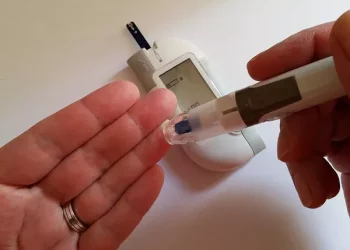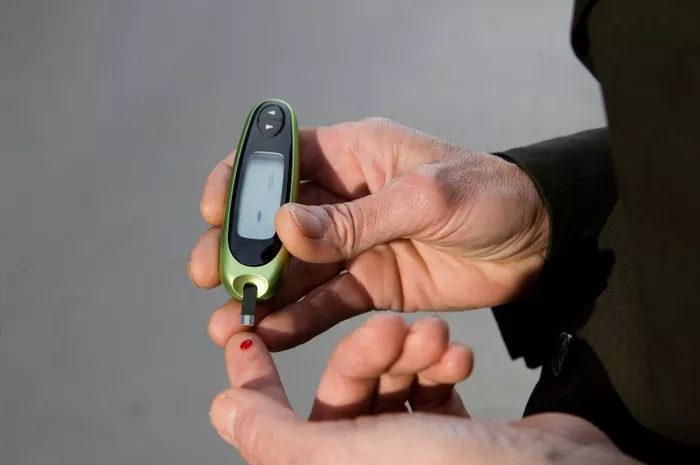As of March 15, 2024, the landscape of type 1 diabetes research and treatment continues to evolve, with groundbreaking discoveries and innovations shaping the future of diabetes management.
In this article, we’ll explore the latest developments in type 1 diabetes news, offering valuable insights into emerging treatments, advancements in technology, and promising research findings.
Brief Overview of Type 1 Diabetes
Type 1 diabetes is an autoimmune condition characterized by the destruction of insulin-producing beta cells in the pancreas. This results in a deficiency of insulin, a hormone essential for regulating blood sugar levels and facilitating the uptake of glucose into cells for energy.
Without adequate insulin production, individuals with type 1 diabetes require lifelong insulin therapy to manage their condition and prevent complications.
Advancements in Type 1 Diabetes Research
Researchers and healthcare professionals worldwide are dedicated to advancing our understanding of type 1 diabetes and developing new therapies to improve outcomes for individuals living with this condition. Here are some of the latest developments in type 1 diabetes research:
1. Beta Cell Replacement Therapies
One of the most promising areas of research in type 1 diabetes is the development of beta cell replacement therapies. These therapies aim to restore insulin production in individuals with type 1 diabetes by transplanting healthy beta cells into the pancreas.
Recent advancements in stem cell technology and immunosuppressive therapies have shown promise in improving the long-term success of beta cell transplantation and reducing the risk of rejection.
2. Artificial Pancreas Systems
Artificial pancreas systems, also known as closed-loop systems, represent a significant advancement in diabetes technology. These systems combine continuous glucose monitoring (CGM) with automated insulin delivery, allowing for real-time adjustments to insulin dosing based on blood sugar levels.
Recent studies have demonstrated the efficacy and safety of artificial pancreas systems in improving glycemic control and reducing the risk of hypoglycemia in individuals with type 1 diabetes.
3. Immunotherapy
Immunotherapy approaches are being explored as potential treatments for type 1 diabetes, aiming to modulate the immune system and prevent the destruction of beta cells.
Recent research has focused on targeted immunotherapies that aim to restore immune tolerance to beta cells while preserving overall immune function. These therapies hold promise for preventing the onset of type 1 diabetes in at-risk individuals and preserving residual beta cell function in those recently diagnosed.
4. Precision Medicine
Advances in precision medicine are revolutionizing the management of type 1 diabetes, allowing for personalized treatment approaches based on an individual’s unique genetic and metabolic profile. By identifying genetic markers associated with type 1 diabetes risk and response to therapy, researchers can tailor treatment plans to optimize outcomes and minimize adverse effects.
5. Microbiome Research
Emerging evidence suggests that the gut microbiome, the community of microorganisms residing in the digestive tract, plays a role in the development and progression of type 1 diabetes.
Recent studies have explored the impact of gut bacteria on immune function, inflammation, and insulin sensitivity, highlighting the potential for microbiome-targeted therapies in the prevention and treatment of type 1 diabetes.
6. Continuous Glucose Monitoring (CGM) Technology
Continuous glucose monitoring (CGM) technology continues to evolve, with the development of advanced sensors and algorithms that provide real-time insights into blood sugar levels and trends.
Recent innovations in CGM technology include improved accuracy, longer sensor wear, and integration with insulin delivery systems, enhancing the convenience and effectiveness of diabetes management.
7. Telemedicine and Digital Health Solutions
The COVID-19 pandemic has accelerated the adoption of telemedicine and digital health solutions in diabetes care, allowing individuals with type 1 diabetes to access remote consultations, educational resources, and self-management tools from the comfort of their homes.
Telemedicine platforms offer opportunities for personalized care, ongoing support, and improved access to healthcare services, particularly for individuals living in rural or underserved areas.
8. Patient Advocacy and Community Engagement
Patient advocacy organizations and online communities play a vital role in supporting individuals with type 1 diabetes and driving research, awareness, and policy change. By sharing their experiences, connecting with others, and advocating for their needs, individuals with type 1 diabetes contribute to a collective effort to improve care, raise awareness, and accelerate progress toward a cure.
Conclusion
From beta cell replacement therapies and artificial pancreas systems to precision medicine and microbiome research, the latest developments in type 1 diabetes news offer hope for a brighter tomorrow for individuals living with this condition.


























